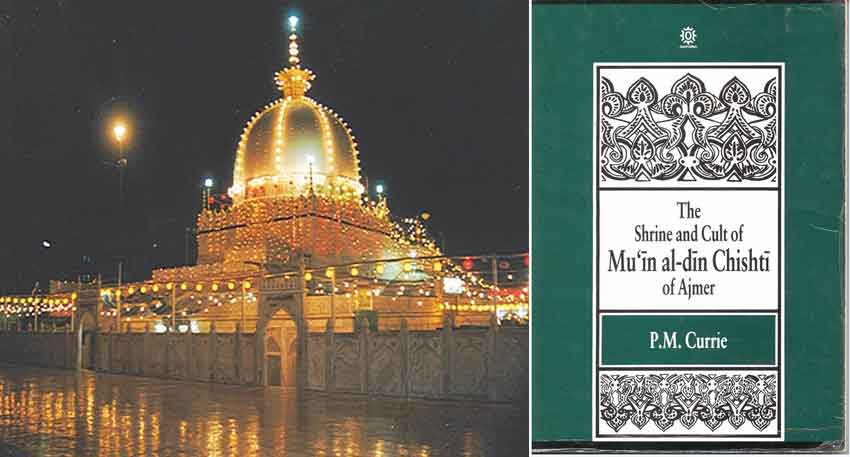
Suno News Attention
This enduring legacy was recently explored in the Suno HD program "Suno Pakistan," featuring scholar Syed Fahad Ali Kazmi. The episode addressed misconceptions spread by contemporary critics, with Kazmi offering a passionate defense of traditional Islamic scholarship and the role of mysticism in South Asian Islam.
Oxford’s Deep Dive into Chishti Legacy
A landmark study titled “The Shrine and Cult of Mu in al-Din Chishti of Ajmer”, published by Oxford University, explores the historic and spiritual legacy of Sheikh Mueenuddin. The study attempts to separate the real-life figure from the legendary persona crafted by hagiographies over centuries. It details the evolution of the Ajmer shrine, the rituals practiced there, and the hierarchical system of caretakers developed over the past 500 years.
The Spiritual Giant of the Chishti Order
Hazrat Mueenuddin Chishti was a Persian-born scholar and mystic from Sistan, who migrated to the Indian subcontinent in the early 13th century. During the reign of Sultan Iltutmish, he settled in Ajmer after a brief stay in Delhi. His teachings, deeply inspired by Sunni Hanbali mystic ʿAbdallāh Anṣārī, helped popularize the Chishtiyya order in India. Though not its founder, Chishti became its most celebrated figure, helping it become the dominant spiritual order in medieval India.
Mysticism Made Relatable: Music as Devotion
One of Chishti s most revolutionary contributions was his formal acceptance of music (sama) in spiritual practice. According to scholar John Esposito, he was among the earliest mystics to integrate music into Islamic worship—making the faith more accessible to local converts and enhancing spiritual experience through devotional poetry and songs.
Influence, Successors, and Spread of the Order
Hazrat Mueenuddin’s inclusive and gentle demeanor attracted many to Islam. His foremost disciple, Qutbuddin Bakhtiar Kaki, carried forward his mission in Delhi, while his son, Fakhruddin, expanded the teachings further in Ajmer. Their combined efforts ensured the deep-rooted presence of the Chishti order in Indian Islamic traditions.
The Pearl of Ajmer
Wrapped in centuries of reverence, the Dargah of Khwaja Moeenuddin Chishti in Ajmer is more than a mausoleum—it is a symbol of spiritual unity, love, and divine presence. For many, it remains the resting place of a saint whose teachings still echo in the hearts of millions.




